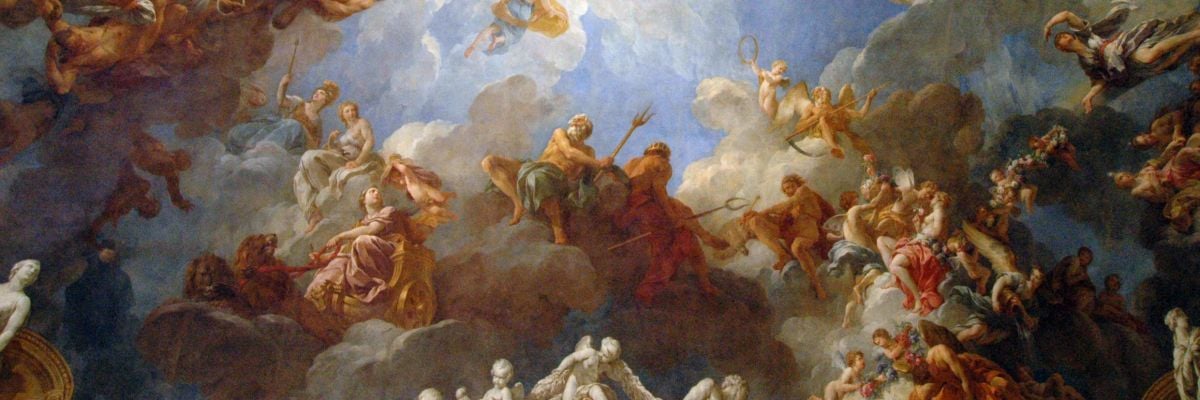
Question:
Answer:
While we can make distinctions between “soul” and “spirit” as St. Paul writes in 1 Thessalonians 5:23, they are fundamentally the same in man (CCC 367). That is, as the Church teaches, the “soul signifies the spiritual principle of man. . . . The human body is human precisely because it is animated by a spiritual soul” (CCC 363-364).
A soul, on its most basic level, is the “life principle” or “animating principle” of a body. In other words, all living bodies have a soul. If they did not have souls, they would not be alive. While plants, animals, and anything living contains a soul, the human soul is unique. In man, the soul has not only vegetative powers (as plants have) and sensitive powers (as animals have) but also rational powers, which makes it akin to pure spirits in that sense. It is this rational power that separates us from other living beings in this world.
Consequently, we say that a human is unique among living beings because a human is a created, immortal spirit united to and animating a body. In other words, man is the only bodily being whose soul is a spirit (animals are not spiritual), and the only spirit which is a soul (angels do not have a body and therefore no soul). Only in humans do we find both soul and spirit. Indeed, man is a union or composite of body and soul. As Vatican II reminds us, “the human person, though made of body and soul, is a unity. In itself, in its very bodily condition, it synthesizes the elements of the material world, which through it are thus brought to their highest perfection” (Gaudium et Spes 14)
“Soul” when distinguished from “spirit” means that which gives life to a body. “Spirit” when contrasted with “soul” simply means those aspects of human life and activity that transcend our bodily limitations and so open the soul toward the supernatural life of grace. As the Church adds, “‘Spirit’ signifies that from creation man is ordered to a supernatural end and that his soul can be raised beyond all it deserves to communion with God” (no. 367).
Human nature has all of these aspects essentially, and ultimately even the body will share in the life of the spirit in the resurrection of the dead.
Curious to learn more? Check out Purgatory Is For Real by Karlo Broussard



